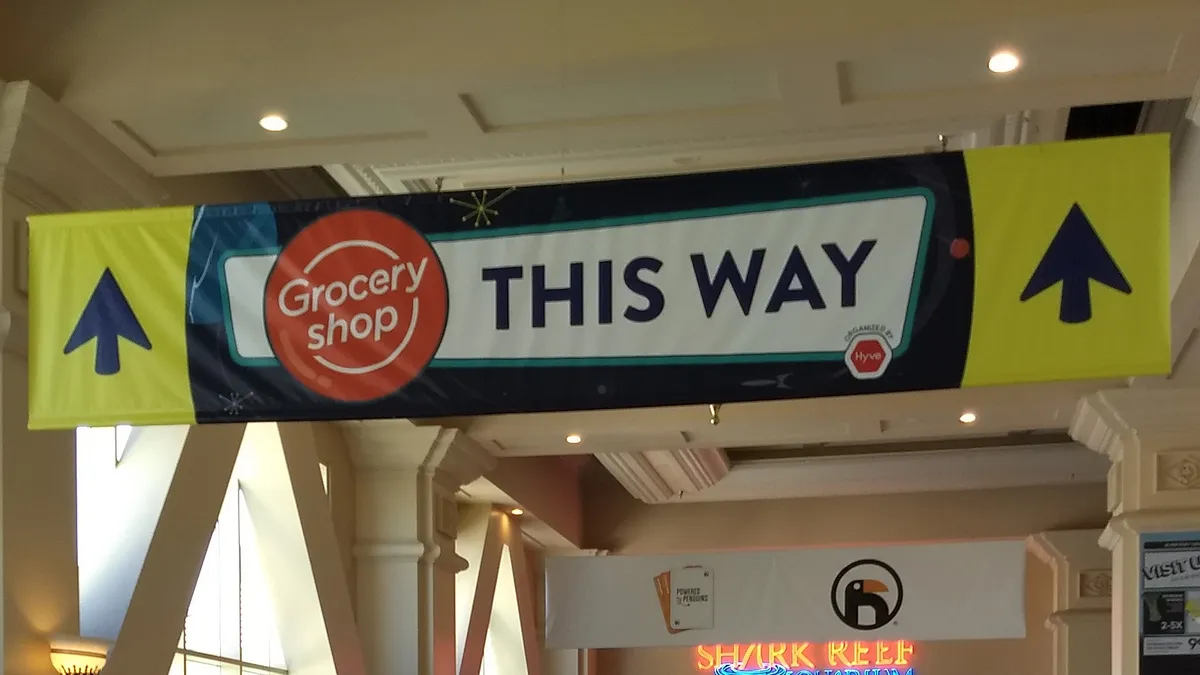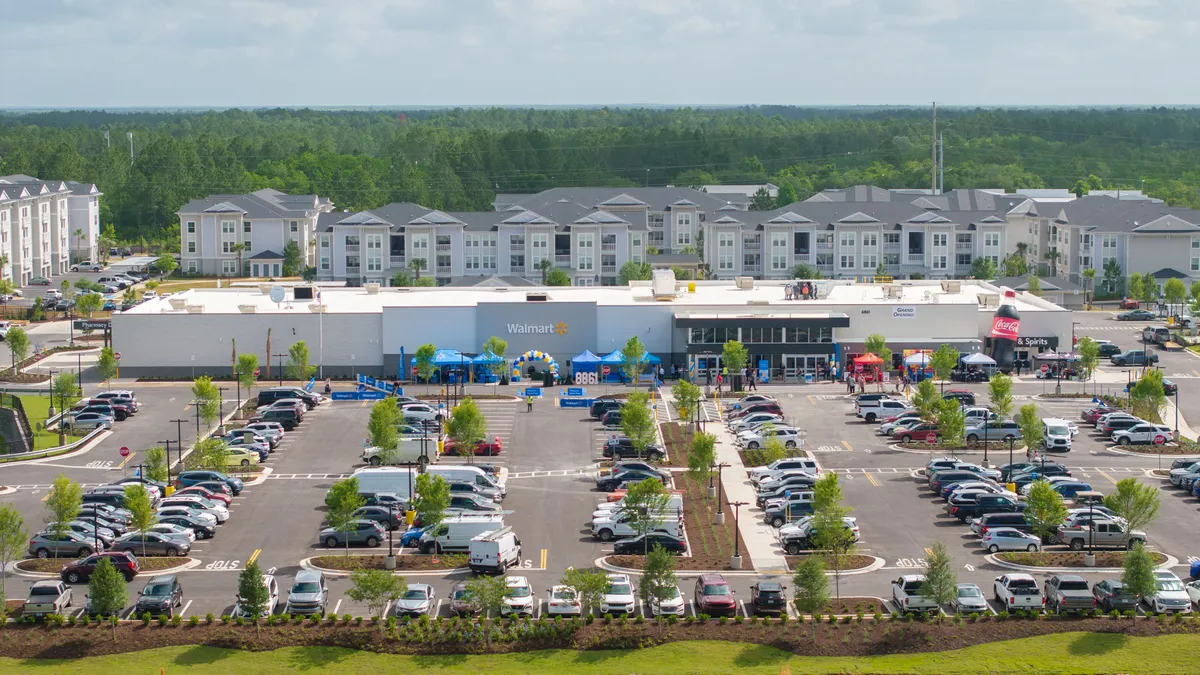Dive Brief:
- Supervalu CEO Mark Gross told attendees at last week’s RBC 2017 Consumer & Retail Conference he hopes to capitalize on Marsh’s bankruptcy by staying on as wholesaler at most of the retailer’s stores once they’re sold, according to Supermarket News. Gross said he hopes to continue supplying 30 out of Marsh’s 40 remaining stores.
- Gross said Supervalu, which signed on as Marsh’s wholesaler last year, tried to assist the embattled retailer by recommending it cut overhead expenses and rely on the wholesaler’s operating expertise, to no avail.
- Gross also said he’s happy with Supervalu’s decision to offload a significant chunk of its retail business with the sale of its Save-A-Lot stores to private equity firm Onex last year. “The market is ever increasingly competitive and the competition is not lessening,” he said.
Dive Insight:
Gross’s comments provide an interesting window into the turmoil surrounding Marsh in recent months. Supervalu’s CEO confirms what many observers have noted, that the longstanding Indiana grocer had significant overhead costs and was slow to react to competitive threats from Kroger and other retailers that entered the market. It also appears that Marsh rejected a lifeline from Supervalu, which has significant retailing experience and could have possibly helped the embattled grocer.
Although Marsh’s demise means the loss of a valuable client, Gross prefers to look at the situation as an opportunity to expand Supervalu’s reach. His plan to remain the wholesaler for most of the company’s stores makes sense from the standpoint of continuity. And impressing even one or two new retail clients could produce a windfall for Supervalu. But many retailers have close relationships with their suppliers, while others are cutting out the middleman by increasing their own supply capabilities. Supervalu will likely have to fight to retain those thirty or so stores it hopes to keep.
Overall, the wholesale industry is quite competitive and consolidating around a few key players. Acquisition has become a key growth strategy for companies, particularly in the booming natural and organic space. In April, Supervalu merged with Unified Grocers in a $375 million deal. The company has also added new retail accounts, and hopes to increase its revenue by at least $1 billion in 2018.
Supervalu has struggled financially of late, but the wholesaler attributes much of this to a tough-but-necessary transition away from its retail business. Last fall, the company offloaded more than 1,300 underperforming Save-A-Lot stores to private equity firm Onex. To hear Gross tell it to Supermarket News, Supervalu is very pleased with the decision and has its sights set on a future in supplying. Wholesaling may be competitive, but the retail game is cutthroat.








